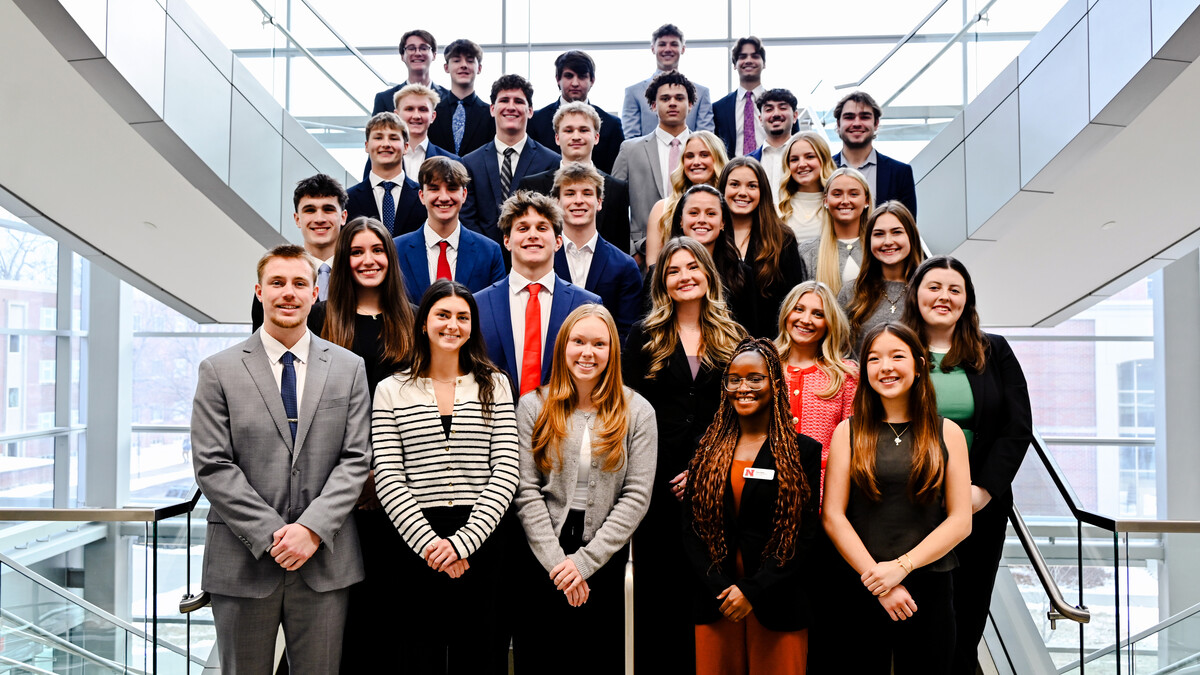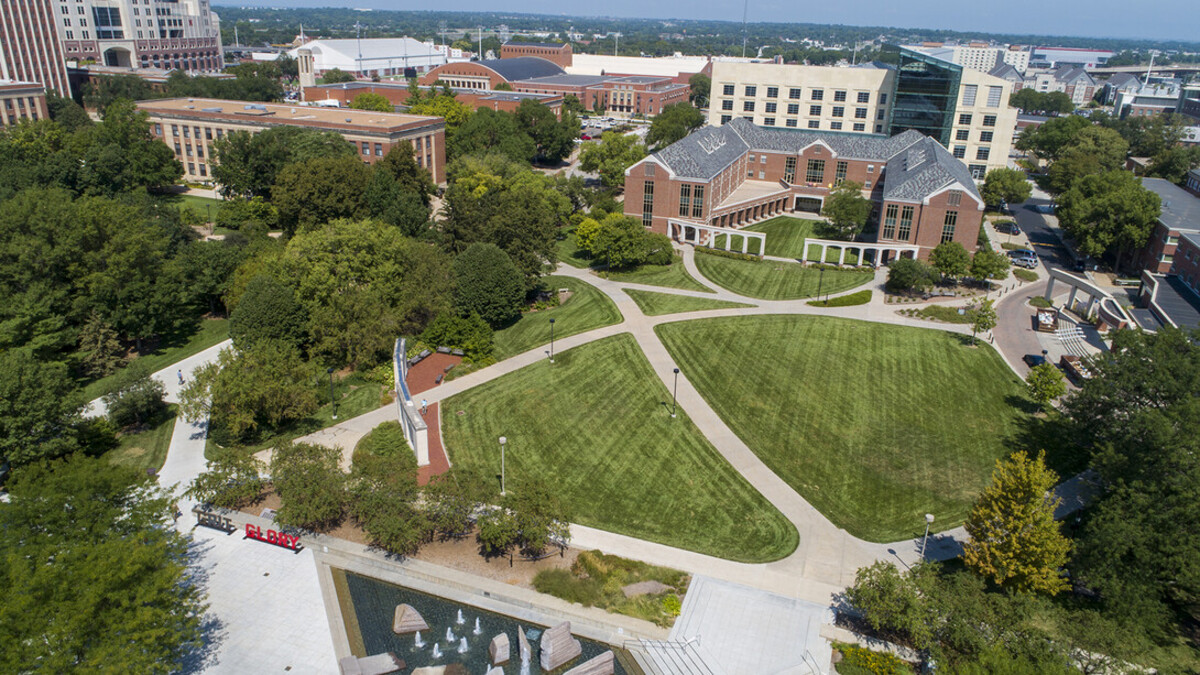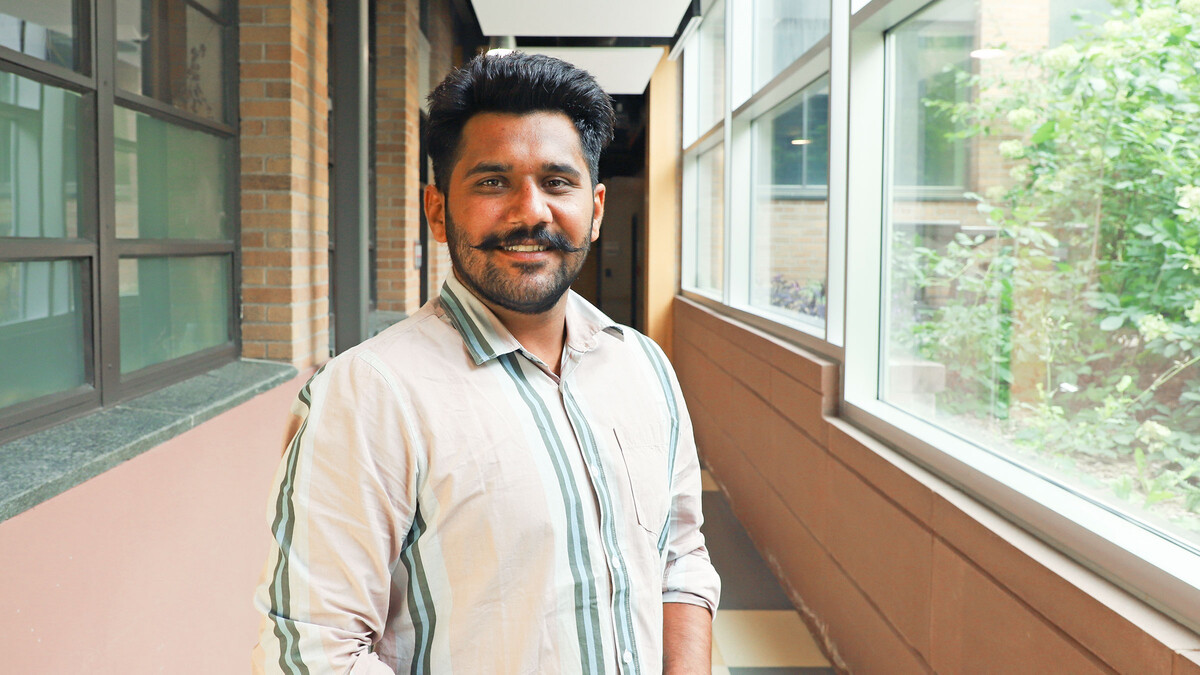
Ari Kohen, associate professor of political science at the University of Nebraska-Lincoln, has made a specialty of studying both public apologies and the nature of heroism in American public life.
He says the nation’s muddled thinking about heroism is illustrated by Donald Trump’s statement this past week declaring that U.S. Sen. John McCain was not a war hero because he was a prisoner of war.
“He’s not a war hero,” Trump recently said of McCain. “He was a war hero because he was captured. I like people who weren’t captured.”
Trump, who is seeking the GOP presidential nomination, has been feuding with McCain (R-Ariz.) over Trump’s rhetoric on illegal immigration.
Kohen, who holds the Schlesinger Professorship for Social Justice at the university, devotes a chapter to the nature of McCain’s heroism in his book “Untangling Heroism: Classical Philosophy and the Concept of the Hero,” due out in paperback later this week.
Though his words are inelegant, Trump is not entirely wrong when he says McCain is not a war hero, Kohen said. Being captured did not make McCain a “war” hero – but he was a hero nonetheless.
“He’s not a hero in the sense of being a skilled warrior,” Kohen said. “He crashed more than one plane as a fighter pilot. He’s not known for downing the enemy or strafing targets … (but) McCain is undoubtedly a hero. The gradation of heroics don’t matter to most people.”
McCain, who spent five years in a North Vietnam prison camp, qualifies as a hero because of his endurance and his willingness to stand by his principles at great personal suffering, Kohen said. The North Vietnamese offered McCain early release because they knew his father was a U.S. Navy admiral. McCain refused to be released ahead of his comrades, though he was tortured and contemplated suicide.
“He won’t jump the queue to get out,” Kohen said. “He stands for principle, that he should not come before his comrades who are also suffering.”
Secretary of State John Kerry, also a Vietnam veteran, became a war hero for his actions in battle. McCain is Odysseus, heroic in his endurance, to Kerry’s Achilles, heroic in his battlefield acts, Kohen said. Yet both Kerry’s and McCain’s heroism was subsequently questioned because of their political actions.
That reflects another misunderstanding of the meaning of heroism, Kohen said.
“If you do something heroic, that makes you a hero,” he said. “Even if everything you did afterward was ordinary or even bad. If you threw away your medals or came up with an unpopular immigration policy, that doesn’t eliminate what you did in Vietnam.”
So will Trump apologize, as many of his fellow GOP candidates have urged him to do? Not a chance, Kohen said. Trump and McCain are two fundamentally different people.
“McCain’s arms have been broken and he is starving when the North Vietnamese offer to let him go,” he said. “He refuses to take the deal. It’s not worth it to him – he’d rather die than violate his principles.
“That’s what Trump is missing,” Kohen said, noting that Trump’s career is based on negotiating the best deals. And, during the Vietnam War, Trump obtained four draft deferments and did not serve in Vietnam.
“Trump is always someone who takes the deal.”







